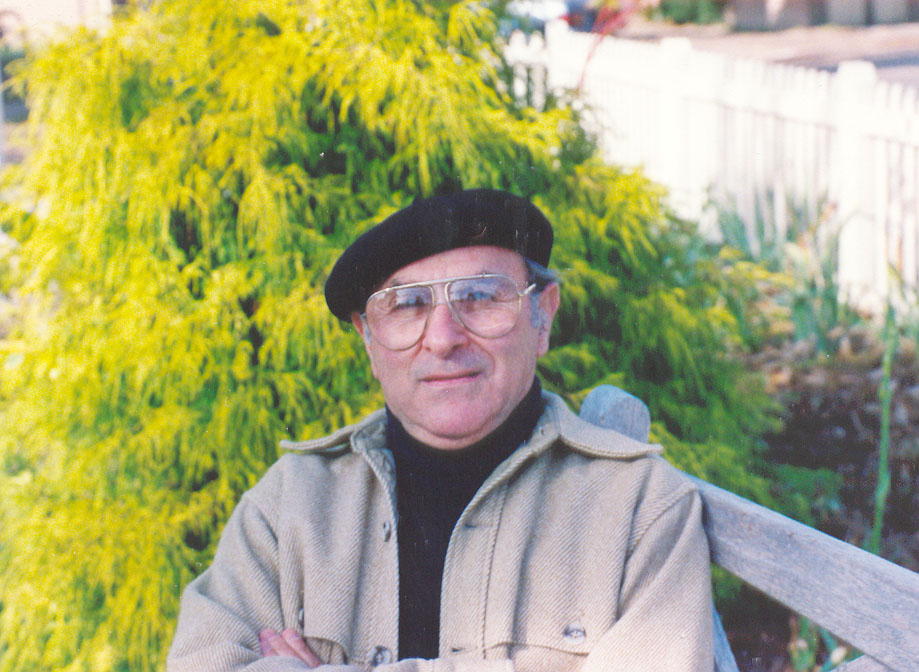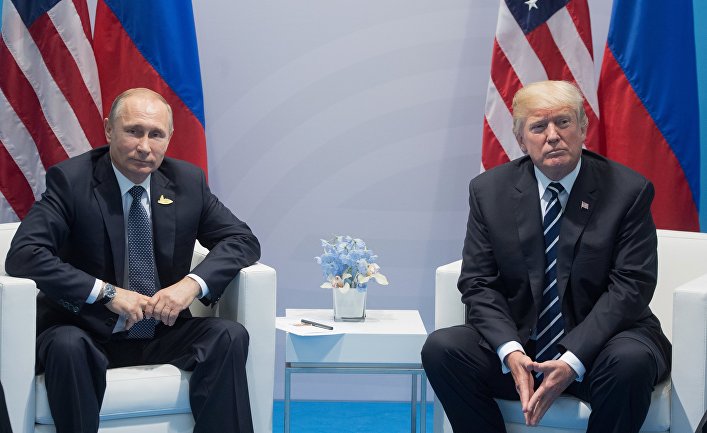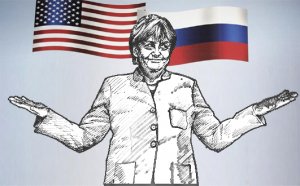
Frank Shatz
Frank Shatz is a Williamsburg resident. He is the author of “Reports from a Distant Place,” the compilation of his selected columns. The book is available at the Bruton Parish Shop and on Amazon.com
The Norfolk Naval Station, the world's largest naval base, used to be a prime target for a possible Soviet nuclear strike during the Cold War.
It was at a time when the United States and the Soviet Union, two nuclear-armed superpowers, faced off each other.
Although, Russia is not a superpower anymore, it still has 8,500 nuclear warheads of which 1,800 are strategically operational. No doubt, if a new Cold War should start between the United States and Russia, the Norfolk naval base, the Hampton Roads and the greater Williamsburg area would be again on a nuclear strike target list.
For the past several years, the central focus of Edward Lozanky's efforts has been helping to avoid the outbreak of a new Cold War between the U.S. and Russia.
He is the founder and president of the American University in Moscow. A nuclear physicist by training, he was a exile in the United States during the Cold War. Since the collapse of communism and the dissolution of the Soviet Union, he has earned a high position in the academic world and is recognized as a vital bridge between American and Russian institutions of higher education.
Last year he organized the first William & Mary/ American University in Moscow Lecture. It was presented by Joel Levine. a research professor at W&M, who for 41 years served as senior researcher at NASA.
Lozansky, in a series of op-ed articles published in Moscow Times, The Washington Times, and various online websites, argued forcefully that the United States must change course and cooperate with Russia to the benefit of both countries.
Lozansky pointed out that as a result of misguided policies of successive American presidents a rare historic opportunity to include Russia into an alliance with the West was lost.
"Today," he wrote, "one can see what an illusion it truly was to expect Iraq to transform under American tutelage into a democracy... America's latest project in democracy promotion, Ukraine, is also a mistaken enterprise."
In an interview with the Lake Placid News and the Virginia Gazette, Lozansky explained that Russians now have practically all the basic freedoms that people enjoy in the West, and despite certain deficiencies in democracy, Russia should be cultivated as an important ally to face global challenges.
This is not exactly as the situation is viewed from American perspective. The next chairman of the Joint Chiefs of Staff, Gen. Joseph Dunford of the Marines, at his Senate Armed Services Committee confirmation hearing declared, "My assessment today is that Russia presents the greatest threat to our national security"
According to press reports, he explained that his assessment was based on Russian's nuclear power as well as "the capability to violate the sovereignty of our allies and to do things that are inconsistent with our national interest but are in the process of doing." He added, "If you want to talk about a nation that could pose an existential threat to us I'd have to point to Russia."
For this reason, the American Committee for East-West Accord, a pro-detente organization that seeks rethinking U.S. policy toward Russia, has launched a campaign of public education on the issue. It quotes Henry Kissinger, the former U.S. secretary of state, saying, "The demonization of Putin is not a policy. It's an alibi for not having a policy."
Stephen F. Cohen, professor emeritus of Russian Studies and Politics at Princeton University, an internationally recognized Russian scholar, maintains that contrary to manufactured perception of today's Russia, "We have a very willing potential partner in Moscow."
He notes that when the 9/11 terrorist attack happened, Putin was the first international leader to offer help to President Bush. And Russia indeed provided vital assistance to fight a land war in Afghanistan and oust the Taliban from power.
"Bush strangely repaid Putin by unilaterally withdrawing from the anti-ballistic treaty, the 'bedrock' of Russia's national security, and launching the second wave of NATO expansion toward Russia."
According to Dan Kovalik, a lawyer and peace activist, writing in the Huffington Post, it is imperative that policy makers in our country "hear the voices of people like Professor Cohen and enter into rational negotiations with Russia in order that we may be spared what is shaping up to be a disastrous war in Europe."



_jpg/250px-ElbeDay1945_(NARA_ww2-121).jpg)









